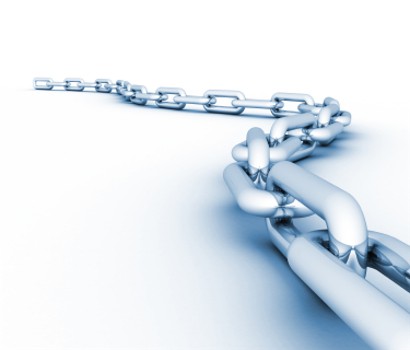 SEO –Link Building
SEO –Link Building
Three Reasons Why You Need Deep Links
One reason you should deep link is that it enhances the users experience. Sending a user to a deep page will probably better relate to his or her goals than having an inbound links go only to your home page.
Also, remember that it is not possible for your home page to rank for every single keyword you want to be 0ptimized for.
Let’s look at three great reasons to acquire deep links – authority, relevancy and visibility. How is deep linking related to these important marketing factors?
SEO Authority
Deep linking raises the authority of your entire site. If all you did was optimize and send traffic to your home page then you might have a home page with a high authority rank but the other pages on your site would have little or no authority. When search engines looked at your site then those low-authority pages lower the authority of your home page. Deep linking can help you increase your entire site’s authority.
SEO Relevancy
Because you can’t optimize your home page for every single important keyword you must use internal pages. When the pages you publish contain those keywords in the meta data (URL, title tag, image attribute, etc.) and the body copy, then when search engines crawl you’re your will gain higher marks and therefore position for that keyword phrase. Because the keyword is relevant to the page and you have links made with keyword-rich anchor text from another page, the search engines consider it an authority page and rank it higher.
SEO Visibility
Large sites suffer from too many pages not getting indexed because of their sheer size. This is where good SEO skills such as deep linking come into play. These deep links which can come from your own site as well as other sites help search engines follow the path through your site to your “deep” pages. It makes these pages more visible. Visibility is a vital factor when it comes to search engine marketing.
Watch for future posts on how to acquire deep links.
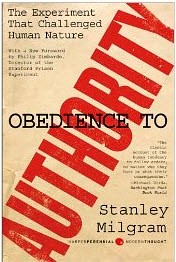 Google Loves Authority
Google Loves Authority
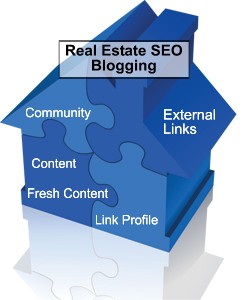 Real Estate SEO – Blogging
Real Estate SEO – Blogging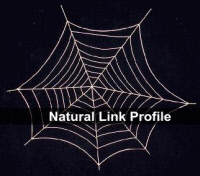
 Blogging and Teaching
Blogging and Teaching Backlinks and Web Content
Backlinks and Web Content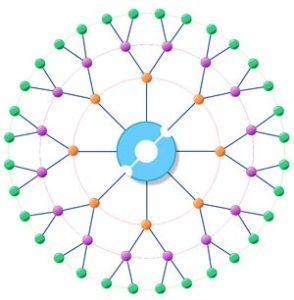 Link Network – Consider Your Internal Link Network
Link Network – Consider Your Internal Link Network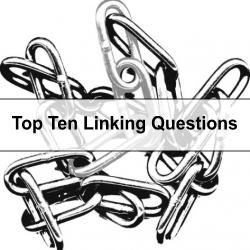 Top Ten Linking Questions
Top Ten Linking Questions  What is Link Velocity?
What is Link Velocity? SEO –Link Building
SEO –Link Building What is a Fishy Link?
What is a Fishy Link?